
Ergonomic injuries, often resulting from repetitive tasks, awkward postures, and improper lifting techniques, are prevalent in the food processing industry. These injuries, known as musculoskeletal

Sanitation is a critical factor in reducing contamination risks in the food processing industry. Proper sanitation practices not only protect consumers from foodborne illnesses but
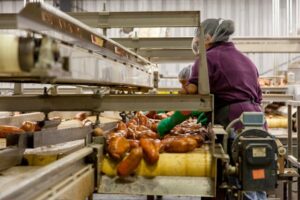
Effective handling and storage of perishable goods are essential for food processing plants to maintain food safety, prevent spoilage, and comply with regulatory standards. From
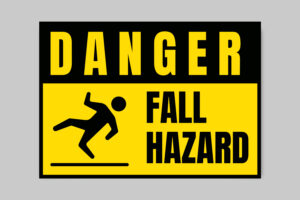
Slip, trip, and fall hazards are some of the most common workplace risks in food processing plants, leading to injuries, lost productivity, and increased insurance
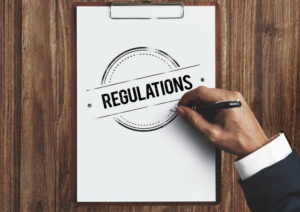
In the food processing industry, regulatory compliance is essential to ensuring product safety, maintaining consumer trust, and avoiding costly fines and recalls. Food safety regulations
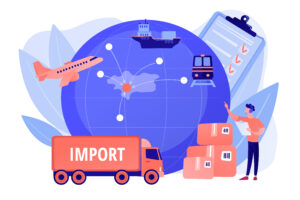
In the food processing industry, an effective supply chain is vital to maintaining consistent production and ensuring high-quality products. However, managing risks within the supply

In the food processing industry, preventing contamination and preparing for potential product recalls are paramount to maintaining quality, safeguarding consumer health, and protecting business reputation.

Food processing businesses face unique risks that require tailored insurance coverage to protect against potential liabilities and losses. As an insurance professional, it is crucial

Severe weather events, such as floods and storms, can cause devastating damage to homes and personal property. While it’s impossible to completely eliminate the risks
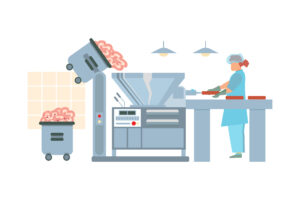
The food processing industry is known for its fast-paced, high-risk environments that involve complex machinery, strict hygiene standards, and physically demanding tasks. These factors contribute

Natural disasters, including floods, can have a severe impact leading to significant financial losses and operational disruptions. It is crucial to take proactive measures to